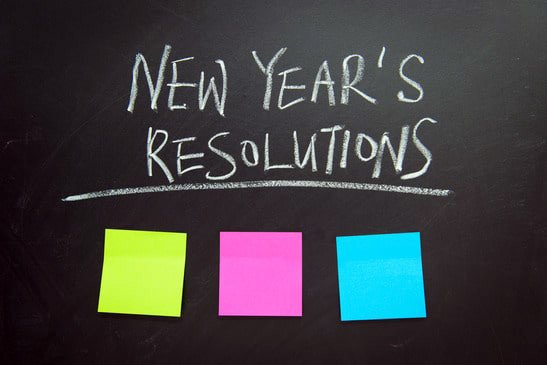A busy end to the year to 2020, moving house, and lots (too much) happening at work meant that regular posting stopped sometime in September.
But it’s a new year, so with my usual optimism I’ve set myself a new goal to get into a regular rhythm writing blog posts.
So this first post for 2021 are some other resolutions that I’m making – lightly informed by the last 12 months.
1. ‘Don’t take a fact to a narrative fight’ – last year saw so many examples of how effective framing and use of narrative can make such a difference if you want to win – on so many issues our opponents just seem to be better at this.
The phrase, which comes from this excellent paper by Kathryn Perera and others written in 2019 about what we can learn from the anti-vax movement, I think brilliantly encapsulates what we all need to do as campaigners.
Tell stories, follow the evidence on framing, and stop trying to win simply by presenting more facts or using myth-busting (which is proven to often reinforce the existing myth you’re looking to bust).
If you’re looking for more on framing I’d highly recommend a listen to this podcast which excellently unpacks some of the key ideas.
2. ‘There is no such thing as the general public’ – too often I hear campaigners talk about wanting to ‘engage the public’, but as I’ve written before, a focus on the general public is often a sign that a campaign hasn’t done it’s thinking and planning when it comes to identifying who is really able to help you deliver the change you’re campaigning for.
Focusing on which segment of the public is going to be most important to help you achieve your outcomes matters, and if you’ve got limited resources then being clear on the ’who’ matters.
That also doesn’t mean that you just focus on those in segments that support or already agree with you, that can be easy to do, but too often it leads to going around in a circle.
3. ‘Don’t do for others what they can do for themselves’ – the mantra of community organisers is something that I’ve come back to time and time again over the last 12 months.
During lock down, I’ve seen our community activists step up, innovate, adapt, come up with new ideas and approaches – and there are countless other examples from other campaigns.
Our approach to organising might have had to change as we can’t meet in person, but the principles have remained. Ask people to step up and they will, ask them to play more of a leadership role and they will – step back so others can step forward.
4. Be generous and travel with others – if we want to succeed we need to go with others. There is that phrase, ‘if you want to go fast go alone, want to go far go together’.
In the last 12 months that we’ve seen the value and importance of going together – it’s always been true, and it often takes longer, but it’s more needed than ever before, with the scale of the challenges that we face as campaigners, ensuring that we’re traveling with others and practicing movement generosity is key to change in 2021.
5. See the whole canvass – I’ve found the SMK Foundation ‘Social Change Grid’ a really useful tool to look at in 2020 (pdf here), and the reminder in it that change doesn’t just happen through one route. That the campaigns that have been most successful are those that draw from across the whole canvass (see here and here for two examples I visualised during the year).
I know how easy it can be to get caught up in the part of the grid that you feel most used to or comfortable with, but we need to challenge ourselves to see the whole grid, and SMK have provided a really useful tool to do that. Looking across the grid matters more than ever.

Hey Tom, thanks for this. Love it; great to see a bit of what you’re up to these days. Will share with my own little Comms team.